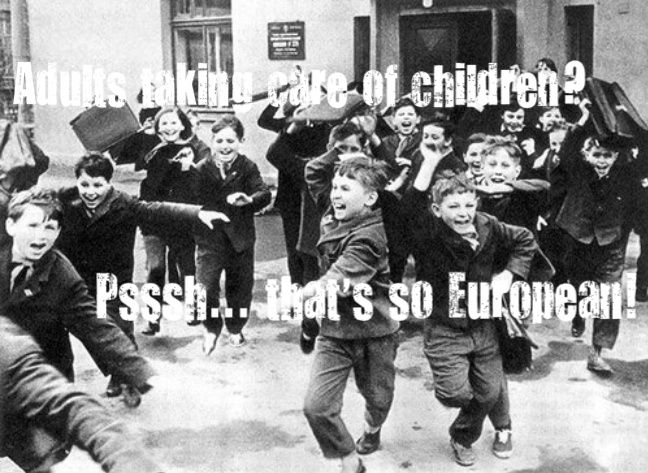Yes, I agree with a number of her conclusions–namely, that moderation is key. One of my favorite lines is “It isn’t that complicated: drink like a European adult, not a fraternity brother.” I think the most important conclusion that I share in common with Oster is that neither of us is actually making recommendations for other women’s pregnancies–we both study, research and investigate common pregnancy do’s and don’ts to navigate our own pregnancies and make our own decisions. In the end, though, readers should be left to their own decision-making mechanisms. In the case of my work, at least, I just hope they’re armed with enough information to make a decision based on knowledge and not fear.
Yes, Joe Scarborough makes my head hurt:
Do I think Oster’s work scooped my own project on the politics of pregnancy? No.
After a couple of weeks of indigestion, I calmed down and realized that the major do’s and don’ts that Oster tackles in her work are typically about ingestion and exposure to a long list of substances traditionally banned from pregnant women’s diets and lifestyles: alcohol, caffeine, raw milk cheese, hair dye, exercise, etc. She applies an economist’s eyes to the randomized trials and peer-reviewed research out there on these topics and comes to her own conclusions about the restrictions that seem hysterical and those that seem reasonable and evidence-based. Applying reason to pregnancy? Kudos to her.

